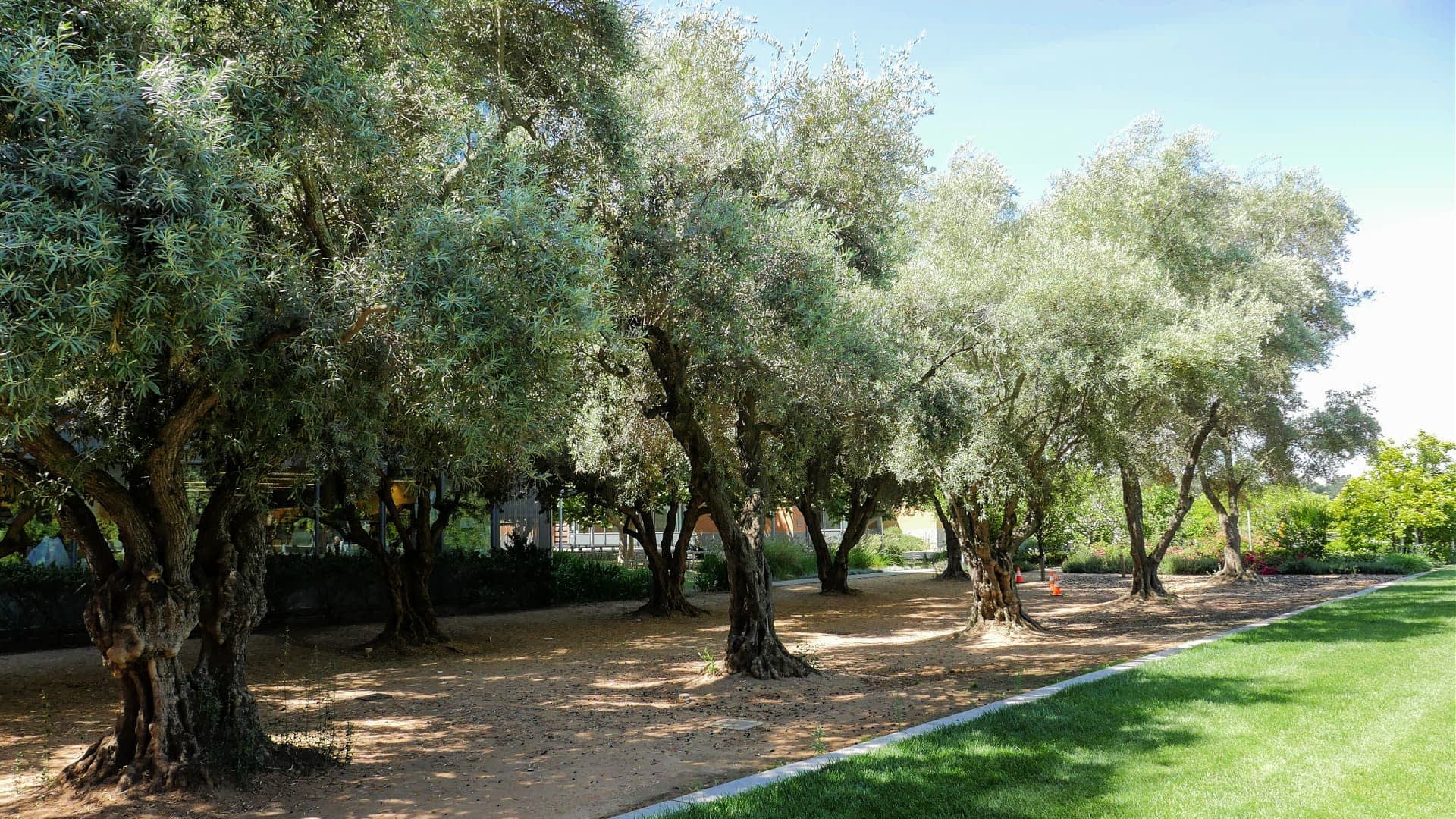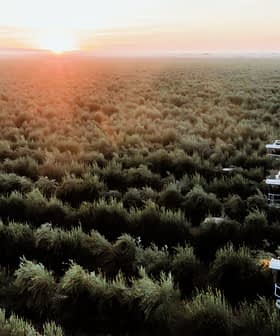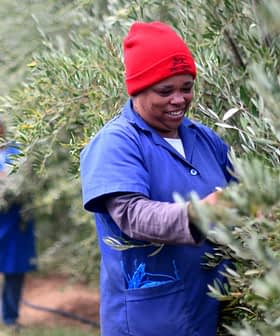Faced with Aging Workforce, Olive Center Educates Next Generation of Ag. Pros

Among the challenges facing California’s agricultural sector is its rapidly aging workforce.
According to the United States Department of Agriculture’s 2017 census, its most recent, the average age of farmers in California rose to 59. Overall, one-third of American farmers are over the age of 65.
The Olea Learn program provides a steady flow of well-trained agricultural personnel such as agronomists and olive specialists to the labor force.
The Olive Center at the University of California-Davis is working to change this trend with its recently launched Olea Learn program.
The professional training program combines diverse experiences for students to learn about growing olives and producing and marketing olive oil.
See Also:Olive Center Expands Olive Oil Education to Adolescents and Children“For students, it’s a great opportunity,” Javier Fernandez-Salvador, the UC Davis Olive Center’s executive director, told Olive Oil Times. “The only way you get an experience like this is when you’re working in the industry. And for the industry, they get a continuous source of trained personnel at the best agricultural school in the world.”
“We chose the name Olea Learn because students will learn everything about olives,” he added. Olea is the Latin word for olive or olive tree.
The pilot program started in 2022 with one student and has grown to five apprentices.
Fernandez-Salvador envisions the program, supported by a combination of olive oil producers and agricultural equipment manufacturers, can provide training for four to five apprentices each year over the next five years.
He said the program offers opportunities for undergraduate students to receive hands-on training in olive research, farm management, data collection and processing, product management and marketing with industry members.
Apprentices also gain familiarity with a wide range of agronomic and business subjects, including field management, irrigation practices, pest control, research and finances of orchard management.
Practical work on olive trees occurs at Wolfskill Experimental Orchards in Winters, which includes a research orchard considered a treasure of centennial heritage trees.

Students in the Olea Learn program learn to manage centenary trees at the Wolfskill Experimental Orchard.
Fernandez-Salvador explained that Wolfskill’s two olive orchards are where students conduct experiments, pruning, calculating proper fertilization, irrigation and yield for olive trees.
One olive orchard is dedicated to a super high-density system and is open for experiments and trials. The second orchard is planted with medium density, with older trees that have not been managed for several years, providing an ideal site for the recovery project.
“The recovery project is of special interest to the olive oil and table olive industry,” Fernandez-Salvador said.
“Students share valuable advice with local producers as they develop solutions to address issues related to irrigation or soil management,” he added.
Participants shared their impressions of the program in a press release published on the Olive Center’s website.
“The biggest thing that attracted me was the chance to learn what goes on in the industry, not just taking care of the plant, but the logistics of financing an orchard and selling products,” said Irvin Chao, a senior majoring in biological systems engineering.
“Working here gives you the perspective of the small-scale farming industry,” he added. “We get to see what it means to lead an agricultural business.”
Raeva Johnson, a sustainable agriculture and food systems major, said her favorite part of the program was conducting yield analysis based on how many pounds of olives were harvested.
In addition to hands-on learning in the orchards, the Olea Learn program offers opportunities for students to network with industry professionals at events, speaking engagements and workshops.
Sensory training and learning how to professionally taste and evaluate extra virgin olive oil and crafting, designing and marketing oils are part of the core curriculum.
Along with harvesting the olives and producing the olive oil, students design the bottles and market the products in downtown Davis and the university bookstore.
Fernandez-Salvador said he is filled with pride when he sees the students take ownership of the products they helped create.
“Olea Learn is a win-win for both students looking to gain important expertise and for statewide agricultural companies looking to hire skilled workers,” Fernandez-Salvador said
“The Olea Learn program provides a steady flow of well-trained agricultural personnel such as agronomists and olive specialists to the labor force,” he concluded. “With this apprenticeship, we can provide trained personnel to respond to growing labor needs.”








